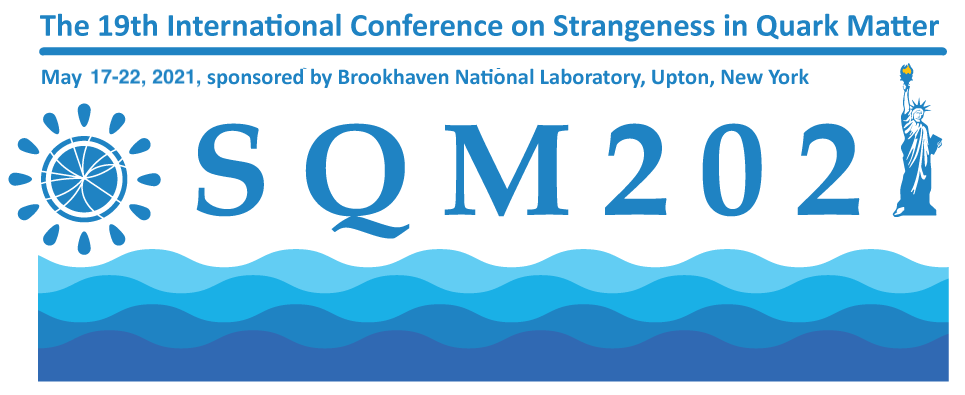Speaker
Description
Recent observation data of pulsar masses led us to estimate nuclear parameters, however, these predictions are strongly uncertain due to the masquarade problem. To resolve this we introduced, te maximmal-mass compact star scenario, and took into account data satisfying this criteria. We tested our method, applying the extended σ-ω model in the mean-field approximation at zero temperature and finite chemical potential to investigate the recent observation data of pulsar masses of PSR J0740+6620, PSR J0348+0432, and PSR J1614−2230. During the analysis we assumed that these pulsars are maximal mass compact objects, which suggest that the core approximation can be applied. Most of the free parameters of this model are fitted based on the nuclear saturation data, except for the Landau mass and effective nucleon mass. We used the observation data to determine the optimal Landau mass, and used the value to determine the nuclear compressibility $m_L = 76.0^{+38.5}_{−84.9}$ MeV and $K = 42.7^{+57.2}_{−28.0}$, respectively [1,2], which was in agreement in a more sophisticated Bayesian analysis [3].
[1] Eur.Phys.J.ST 229 (2020) 22-23, 3605-3614
[2] arXiv:1710.05410 (submitted to PASA)
[3] Eur.Phys.J.ST 229, 22-23, 3615-3628 (2020)




